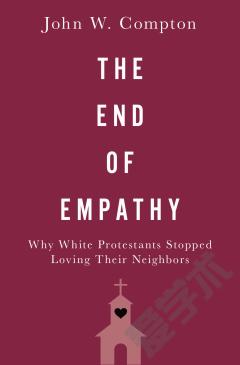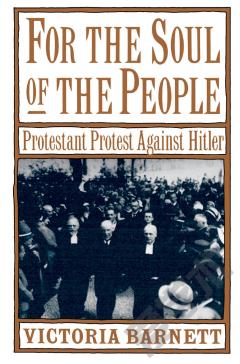The End of Empathy —— Why White Protestants Stopped Loving Their Neighbors
----- 移情的终结:为什么白人新教徒不再爱他们的邻居
How did white evangelicals, a group that had once rallied national support for the federal minimum wage and progressive child labor laws, vote overwhelmingly for Donald Trump in 2016? In The End of Empathy, John W. Compton presents a nuanced portrait of the changing values of evangelical voters over the last century. To explain the rise of white Protestant social concern in the latter part of the nineteenth century and its sudden demise at the end of the twentieth, Compton argues that religious conviction, by itself, is rarely sufficient to motivate empathetic political behavior. When believers do act empathetically--championing reforms that transfer resources or political influence to less privileged groups within society, for example--it is typically because strong religious institutions have compelled them to do so.
{{comment.content}}








 京公网安备 11010802027623号
京公网安备 11010802027623号